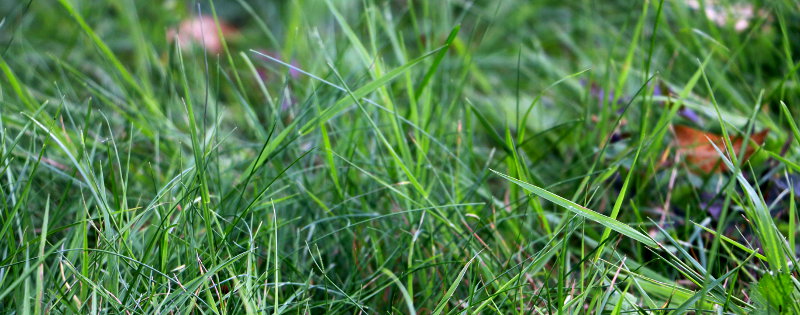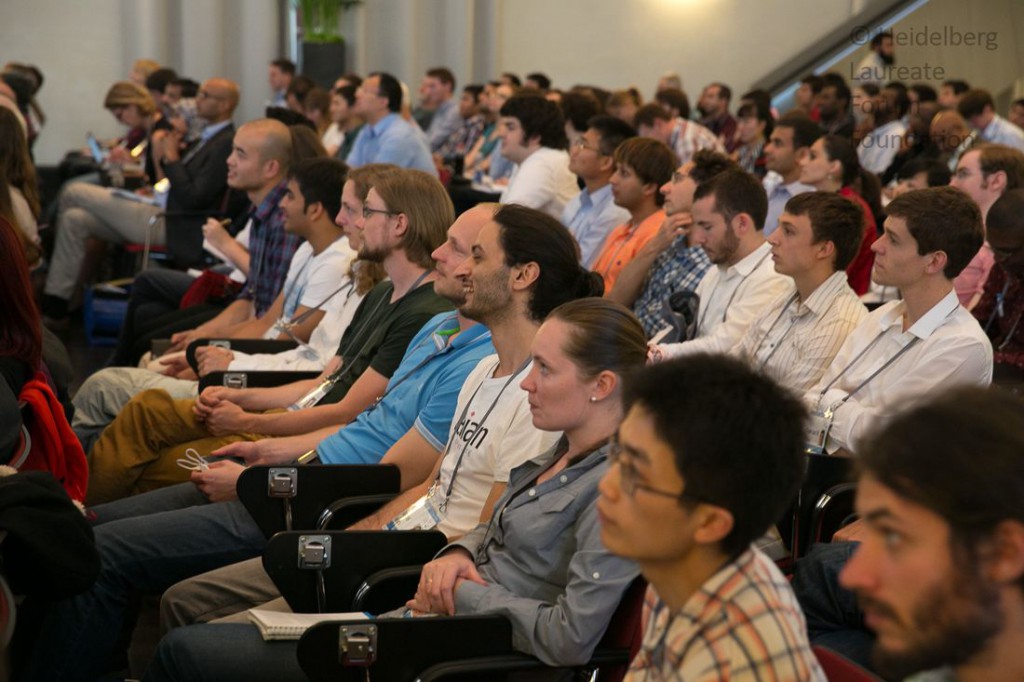Go forth and mow lawns!
BLOG: Heidelberg Laureate Forum

In a culture where quite a number of students, postdocs and even professors appear to be part of the dangerous cult of who arrives at the institute earliest, leaves latest and stays longest, it’s refreshing and comforting to learn that some of the most successful scientists openly disagree.
A few days ago, in the Triplex cafeteria, I took part in a conversation in which a Turing laureate and a successful junior group leader exchanged their experiences on the subject of lawn mowing. Both agreed that their brains urgently needed the downtime for best results, and that the concentration needed for precise mowing had the almost Zen-like quality needed to stop thinking about work. I was reminded of a talk given by (astro-)physics Nobel laureate Brian Schmidt in Heidelberg a few years back, who also stressed the importance of downtime, put it to his audience that in his experience, those who worked long hours usually delivered less in terms of first class research, and stated that his best ideas came to him either when at work in his vineyard or under the shower.

The problem with the shower, of course, is that you can only stay there for a limited amount of time. Also, the junior group leader claimed that the shower wasn’t sufficiently powerful to drive work thoughts out of his brain. Both agreed, though, that children and their demanding mode of interacting with their parents were a very good way of taking time off. (And when it came to dividing one’s time between work and family, the laureate reiterated the fairly well-known saying that there is no credible instance of anyone regretting on their death-bed that they hadn’t spent more time at work.)
So by all means, young researchers, let yourself be stimulated by the HLF talks and workshops, even more by your conversations with laureates and your peers. Just don’t neglect your lawns.


